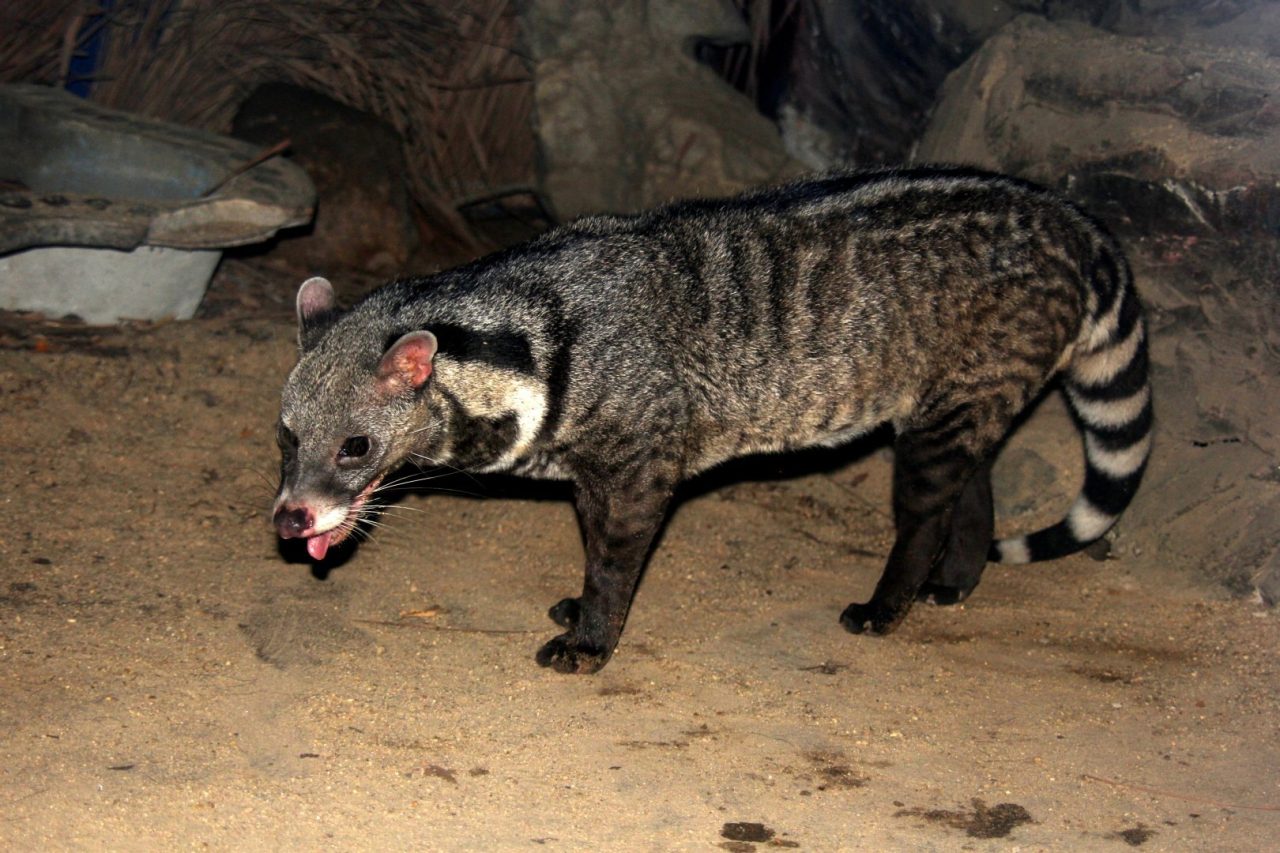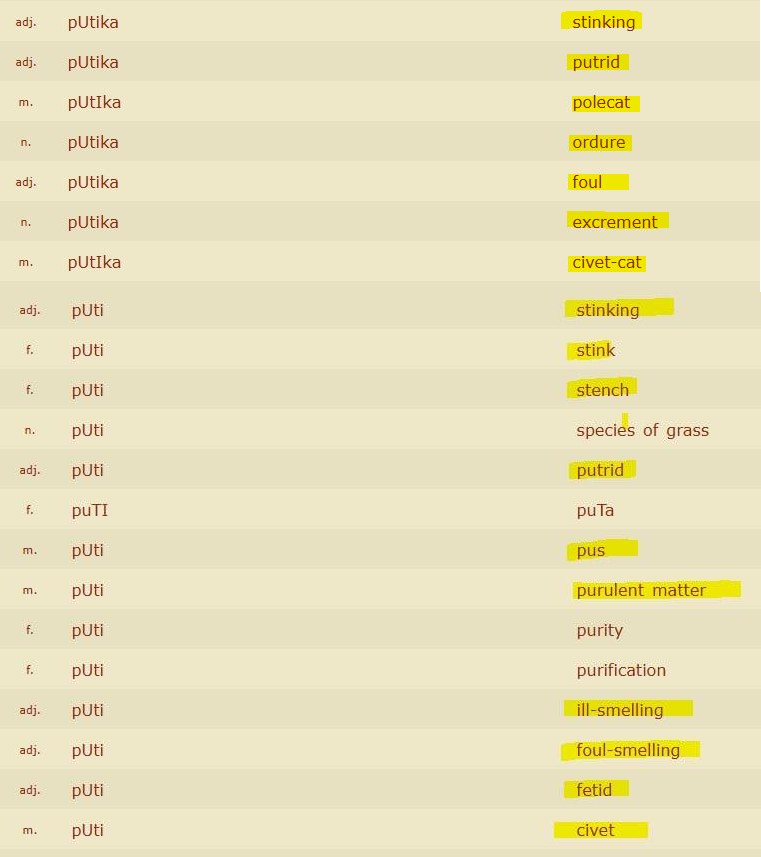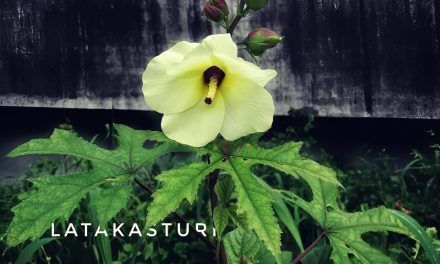Continuing from the theme of yesterday’s post on Ambergris, let us talk about another fragrant secretion used traditionally in some temples called as “civet oil” (also called as punugu in South India).
Civet oil is one of the most disgusting smells I have come across. Thankfully I only had to deal with “nature similar” formulations, but it was so disgusting my entire room smelled like poop. It was like swimming through a pool of poop and then at the last second you get a slight whiff of sweetness. It is completely disgusting and overpowering.
Afterwards I had to burn large amounts of frankincense to remove that smell from my room. Even among perfumers it is a known challenge to refine civet oil through various mixing techniques to mask the unpalatable scent.
One of the names of the civet cat in Sanskrit is pUtIka, which means putrid smelling. If we look at all the words in Sanskrit based on the same root we will see a theme: stench, excrement, and civet cats. There is a very clear theme that is formed, and when you smell the oil the theme is self evident.
Though the custom of using civet oil has existed for a long time, personally I don’t believe in customs just for the sake of them being “old customs”. I don’t think a disgusting smelling secretion from an anal gland should be collected and then refined to the point of smelling bearable, to then be used on deities even if it has been done for a thousand years. In ancient times kings valued different rare things and often offered them to temples. Not all customs have a divine origin, some were simply based on perceived value and rarity.
The most famous temple that uses civet oil is the Tirumala Tirupati Temple in Andhra Pradesh. At least the TTD has found a way to farm the oil without killing the civets, which is appreciable. They keep the civets in a zoo like area and collect the oil from time to time without harming them.
But think of it scientifically. Does it contain fecal matter when they scrape the anus of the animals to collect the glandular secretions? Of course it does. Should we be touching the deity with ointments that contain fecal matter? Even if the oil is thought to be priceless I would not want it and would not want to use it.
Civets are beautiful animals. I don’t think anyone can see one and not be impressed and filled with happiness. We used to have one that would sneak into our kitchen in Odisha, and every time it came we were happy to see it. All nature is like that. When you see a monkey or a giant squirrel or a civet you are filled with a spontaneous awe and happiness, an appreciation for God’s wondrous creation.
I don’t think any animal should be killed for a religious ritual, no matter how old that ritual is. Times have changed, circumstances have changed, and over thousands of years so much distortion has entered into every religious tradition in the world that introspection and caution should always be taken in performing any ritualistic action that causes harm to other living entities.

Every cow and calf at our sanctuary has a story of rescue, healing, and hope. Your generous support provides them with food, shelter, medical care, and a lifetime of protection. Together, we can give these sacred animals the love and safety they deserve.







0 Comments